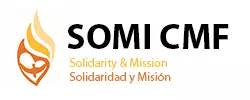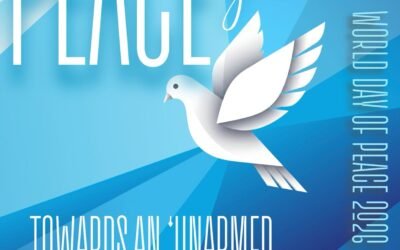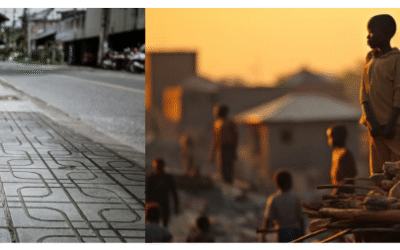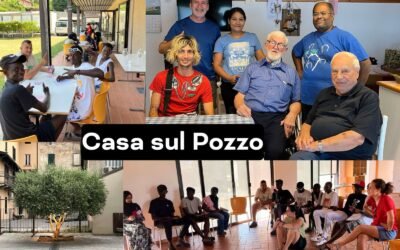Justice, Peace and Integrity of Creation
“Making the work of evangelization prophetic and liberation, from the perspective of the poor and the needy”

“Striving for justice, building peace and caring for the common good have become hallmarks of our spirituality, formation and mission.” QC 80c

“In solidarity with the sufferings and anguish of humanity, ours must be a prophetic and liberating evangelization that will help people emerge from all forms of alienation and oppression…” Dir 113

Our Mission
The JPIC Commission of the Claretian Missionaries promotes systemic transformation by addressing the root causes of social injustice. It upholds respect for the integrity of Creation and the care of our Common Home. Inspired by our charism of solidarity and the preferential option for the poor, we advocate for the integral development and the rights and dignity of the most vulnerable. Grounded in the values of the Kingdom of God and Catholic Social Teaching, we strive to accompany communities and foster networks of cooperation in building just, peaceful, compassionate, and sustainable societies
Resources about JPIC
You find here resources on Formation Networking, Formation Manual, Social Teaching of the Church, Congratulations policies
reflecting and Celebrating
International Days
8 February, the memorial of Saint Josephine Bakhita and the World Day of Prayer and Reflection against Human Trafficking
On the occasion of 8 February, the memorial of...
Word Day of Peace 2026
9th World Day of the Poor
Together with the universal Church, we join in...
listening and sharing
News from the Grassroots
Word Day of Peace 2026
A fire that burns, even from the end of the world
Ingeniero Jacobacci, Argentina, is the...
The Via Gaggio Community turns fifty
Fifty years have passed since two Claretian...





